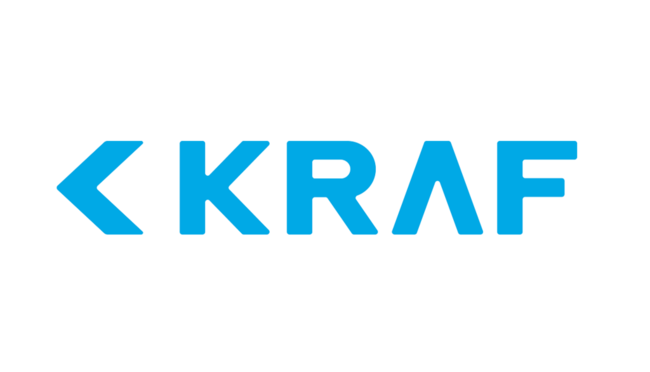

KRAF, Inc.

Miyazaki Prefecture, Japan
September 2023
Software publishing and SaaS platforms
Service with Minor Environmental Footprint
Japan
KRAF, Inc. is a cybersecurity company from Miyazaki Prefecture, Japan. With a mission "continue to be a company that provides peace of mind", we are committed to provide peace of mind to our employees, their families, the local community, and our customers. Through our standardized and structured work flow and post-employment training system, we have created an environment where employees without IT industry experience can grow and flourish as security engineers. Our emphasis is on expanding the company's capability and contributing to the local community as employees grow and pass on their skills and experience to new colleagues. Also, we are developing a simple and easy-to use cybersecurity management system "S4" (Smile for society, user, vendor, and you). Small and medium-sized enterprises(SMEs) lack human resources, technology, and money to take cybersecurity measures, and it leads to cybersecurity risks in their supply chain. We consider this as a social issue of "cybersecurity gap". S4 is available to large enterprises for a fee and to SMEs for free. The use of S4 by large enterprises will support the operation of S4 and its provision to SMEs. By using S4, users can take the first step toward cybersecurity measures, which will help eliminate the cybersecurity gap.
Overall B Impact Score
Governance 13.1
Governance evaluates a company's overall mission, engagement around its social/environmental impact, ethics, and transparency. This section also evaluates the ability of a company to protect their mission and formally consider stakeholders in decision making through their corporate structure (e.g. benefit corporation) or corporate governing documents.
What is this? A company with an Impact Business Model is intentionally designed to create a specific positive outcome for one of its stakeholders - such as workers, community, environment, or customers.
Workers 56.8
Workers evaluates a company’s contributions to its employees’ financial security, health & safety, wellness, career development, and engagement & satisfaction. In addition, this section recognizes business models designed to benefit workers, such as companies that are at least 40% owned by non-executive employees and those that have workforce development programs to support individuals with barriers to employment.
What is this? A company with an Impact Business Model is intentionally designed to create a specific positive outcome for one of its stakeholders - such as workers, community, environment, or customers.
Community 13.7
Community evaluates a company’s engagement with and impact on the communities in which it operates, hires from, and sources from. Topics include diversity, equity & inclusion, economic impact, civic engagement, charitable giving, and supply chain management. In addition, this section recognizes business models that are designed to address specific community-oriented problems, such as poverty alleviation through fair trade sourcing or distribution via microenterprises, producer cooperative models, locally focused economic development, and formal charitable giving commitments.
Environment 5.9
Environment evaluates a company’s overall environmental management practices as well as its impact on the air, climate, water, land, and biodiversity. This includes the direct impact of a company’s operations and, when applicable its supply chain and distribution channels. This section also recognizes companies with environmentally innovative production processes and those that sell products or services that have a positive environmental impact. Some examples might include products and services that create renewable energy, reduce consumption or waste, conserve land or wildlife, provide less toxic alternatives to the market, or educate people about environmental problems.
Customers 4.2
Customers evaluates a company’s stewardship of its customers through the quality of its products and services, ethical marketing, data privacy and security, and feedback channels. In addition, this section recognizes products or services that are designed to address a particular social problem for or through its customers, such as health or educational products, arts & media products, serving underserved customers/clients, and services that improve the social impact of other businesses or organizations.